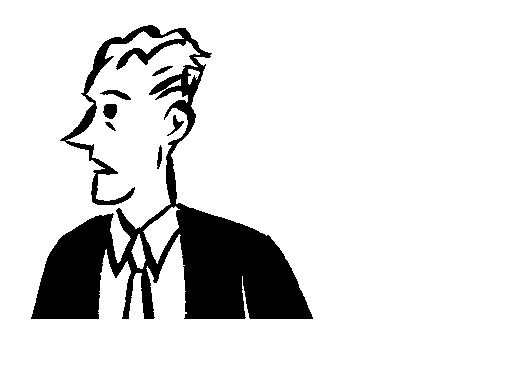Quote taken from Federalist Patriot
"I once thought there was too much poverty for private charity to make much of a difference. Now I realize that private charity would do much more—if government hadn't crowded it out. In the 1920s—the last decade before the Roosevelt administration launched its campaign to federalize nearly everything—30 percent of American men belonged to mutual aid societies, groups of people with similar backgrounds who banded together to help members in trouble. They were especially common among minorities. Mutual aid societies paid for doctors, built orphanages and cooked for the poor. Neighbors knew best what neighbors needed. They were better at making judgments about who needs a handout and who needed a kick in the rear. They helped the helpless, but administered tough love to the rest. They taught self-sufficiency. Mutual aid didn't solve every problem, so government stepped in. But government didn't solve every problem either. Instead, it caused more problems by driving private charity out. Today, there are fewer mutual-aid societies, because people say, 'We already pay taxes for HUD, HHS. Let the professionals do it.' Big Government tells both the poor and those who would help them, 'Don't try.'... When you rely on the government to help those who need it, you don't practice benevolence yourself. You don't take responsibility for deciding whom to help. Just as public assistance discourages the poor from becoming independent by rewarding them with fixed handouts, it discourages the rest of us from being benevolent. This may be the greatest irony of the welfare state: It not only encourages the poor to stay dependent, it kills individuals' desire to help them." —John Stossel
O Little Town of Bethlehem
-
“O little town of Bethlehem, how still we see thee lie.”
I love that Christmas hymn! In my mind’s eye I can envision some small
desert village with smok...
5 years ago



No comments:
Post a Comment